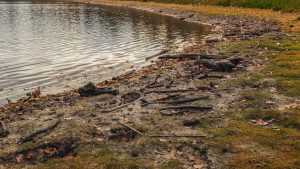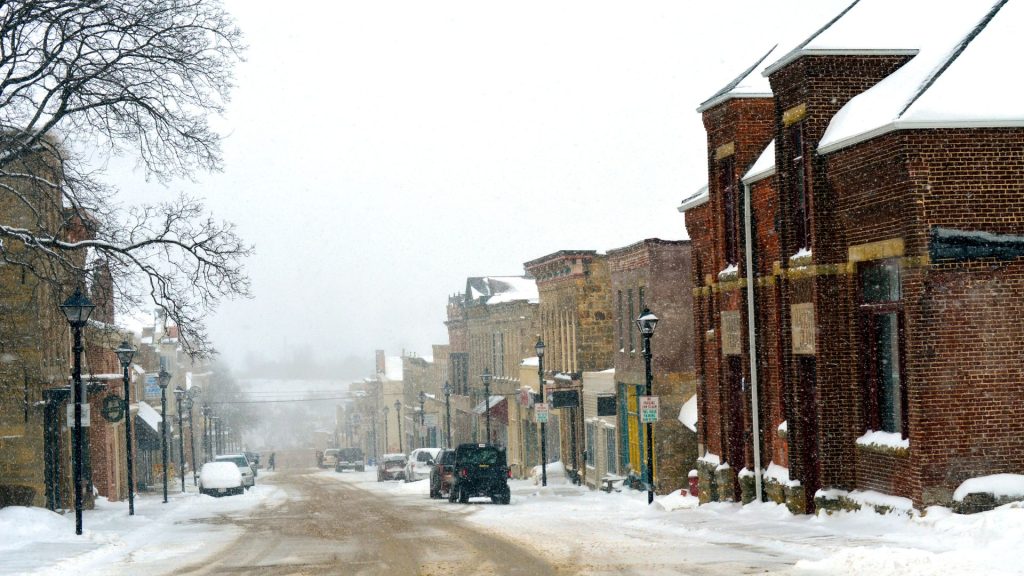We can accomplish more together than we can alone. This sentiment is especially true at Clean Wisconsin and other advocacy organizations that tackle giant environmental issues from climate change and air pollution to water contamination. Clean Wisconsin staff are exceptional at what they do and are making a big difference as individuals. However, they also understand that making a greater impact requires building strong partnerships with a wide range of stakeholders, from state agencies to neighborhood associations. Partnerships have long been a key to the success of our work at CW and now, more than ever, we are seeing how groups working at the local level are leading efforts to protect the land, water, and air in their communities. These local groups and individuals experience the harms of water contamination and climate change firsthand, every day.
When the residents of Pleasant Lake noticed the water levels in their lake shrinking year after year, they knew something had to change. High-capacity wells in the area were depleting the groundwater feeding into the lake, lowering water levels and disrupting the lake’s ecosystem.
Clean Wisconsin partnered with the Pleasant Lake Management District (PLMD), a local governing body, to take action. We used PLMD’s local expertise and direct observations to strengthen our legal team’s arguments. Residents shared photos and stories of the lake’s changing conditions, like receding shorelines and piers left high and dry. These vivid accounts made the environmental harms tangible, painting a clear picture of the damage caused by unchecked high-capacity wells.

This partnership proved successful. By amplifying local voices and pairing them with strong legal arguments, we won in court. The judge ruled that the Department of Natural Resources (DNR) could no longer issue permits for high-capacity wells without conducting environmental reviews. The case not only protected Pleasant Lake but also set an important precedent for safeguarding Wisconsin’s water resources statewide.
This is just one example of how partnerships can amplify our impact. Local groups and individuals bring unique knowledge of their communities, offering real-world insights and evidence that strengthen broader advocacy efforts. By working together, we bridge the gap between lived experiences and systemic change.
That’s why my goal as CW’s local partnerships manager is to build meaningful relationships with local, place-based organizations and individuals across the state to expand our collective strength in advocacy, outreach and information sharing. By learning from local experts and helping share the real-life experiences of those most affected by environmental harms across the state, we can strengthen our joint advocacy efforts to initiate meaningful action.
While we may lack environmental leadership at the federal level come January, Wisconsin residents, conservationists, community groups, farmers, and municipalities will continue to be leaders on issues like water conservation, clean energy, sustainable agriculture practices, and so much more. We can accomplish more together than we can alone. I’m looking forward to collaborating, sharing resources, and strengthening efforts to keep Wisconsin moving forward.

